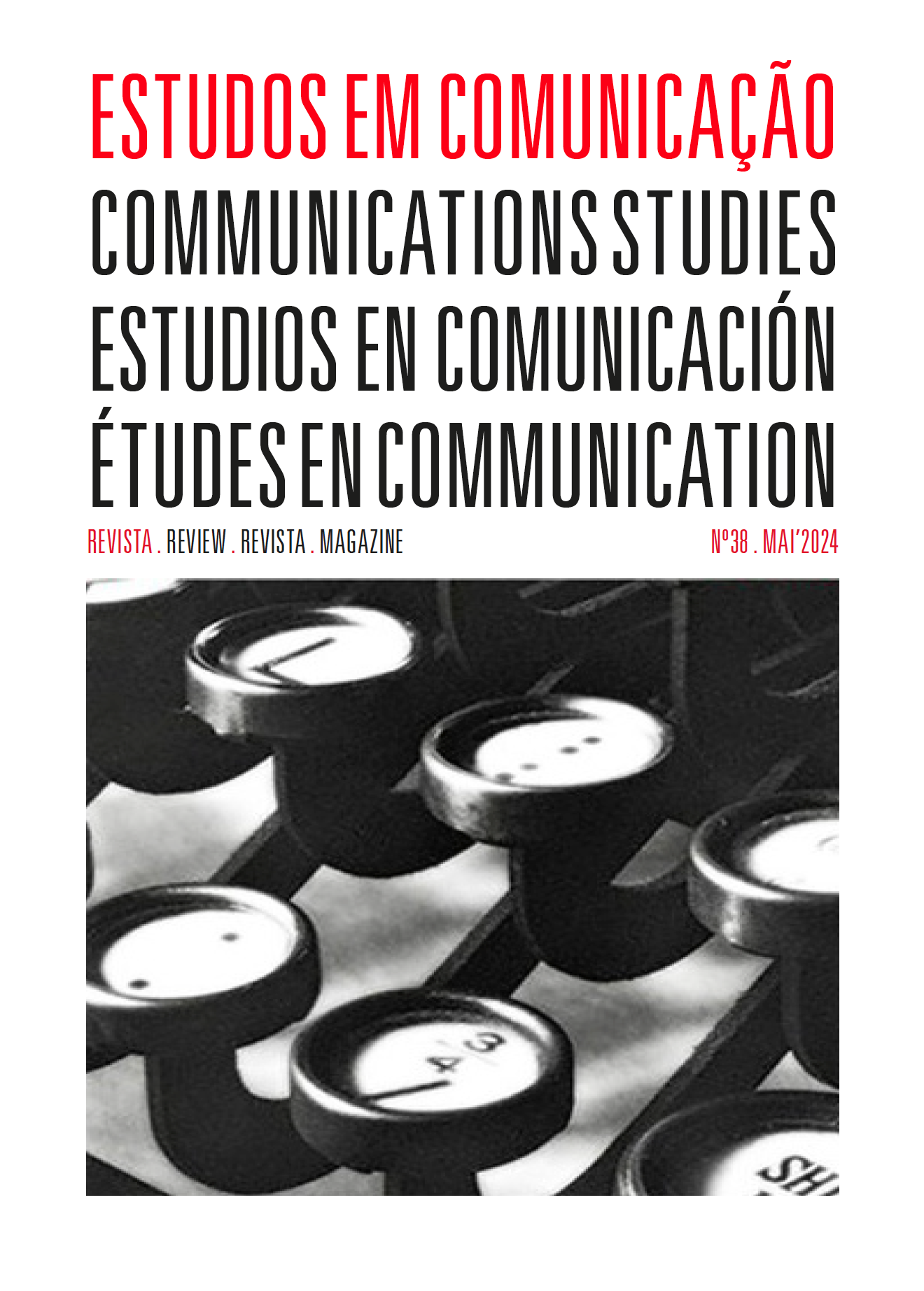Dialogues and Polarisation in the Mediated Public Sphere. Theory and practice of (Im)probable Communication
Résumé
In recent years, there has been growing concern about the role of media in shaping public discourse and exacerbating polarization. Political, social, and cultural divides have been deepening, and the quality of public dialogue has been deteriorating, as people increasingly consume news and information from ideologically aligned sources and engage in filter bubbles and echo chambers. This phenomenon raises crucial questions about the nature of communication in the mediated public sphere. How can we foster dialogue and exchange in an environment where opinions and perspectives are increasingly entrenched? What are the factors that contribute to or hinder effective communication across divides? How do media platforms and algorithms shape the way we perceive and engage with the world?
Téléchargements
Publiée
Numéro
Rubrique
Licence

Cette œuvre est sous licence Creative Commons Attribution - Pas d’Utilisation Commerciale - Pas de Modification 3.0 non transposé.
Estudos em Comunicação / Communication Studies est un journal en libre accès. Tout son contenu est gratuitement disponible gratuitement pour l'utilisateur ou son institution. Les utilisateurs sont autorisés à lire, télécharger, copier, distribuer, imprimer, rechercher, ou un lien vers le texte intégral des articles de ce journal sans demander la permission préalable de l'éditeur ou de l'auteur. Estudos em Comunicação, par Labcom, est sous licence Creative Commons Atribuição-NãoComercial-SemDerivações 3.0 Unported. En soumettant votre travail à Estudos em Comunicação / Communication studies, vous confirmez que vous êtes l'auteur et possédez les droits d'auteur, que le contenu est original et non publié auparavant, et que vous acceptez les conditions de licence.

